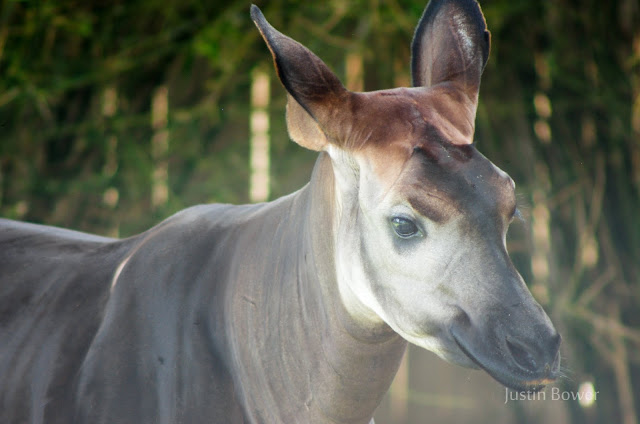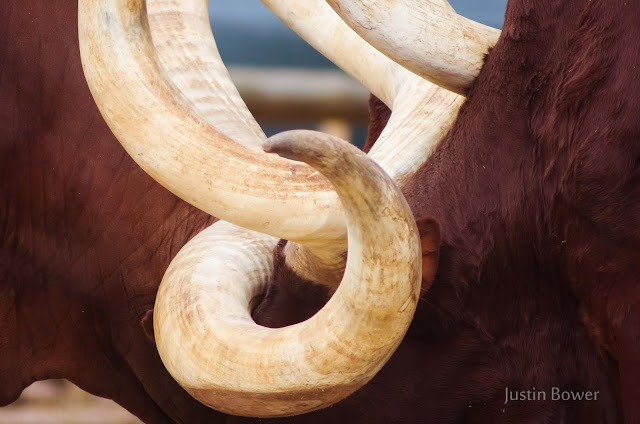A few shots from a recent visit to the Houston Zoo with friends.
 |
| Baby Giraffe Framed by Mother |
 |
| Ring-necked Duck |
 |
| Okapi? OK! |
 |
| Fossa at Rest |
 |
| Cheetah |
 |
| Cheetah |
 |
| Baby Giraffe |
 |
| Baby Giraffe |
 |
| Baby Giraffe and Mom |
 |
| Elder Chimpanzee |
 |
| Ankole Cattle Locking Horns |
 |
| Ankole Horns |
 |
| Ankole Cattle in Locked Horns |
 |
| Giant Anteater |
 |
| Clouded Leopard on the Prowl |
 |
| Jaguar in Repose |
 |
| Lemur |
 |
| American Bald Eagle |
 |
| The End (White Rhino) |
